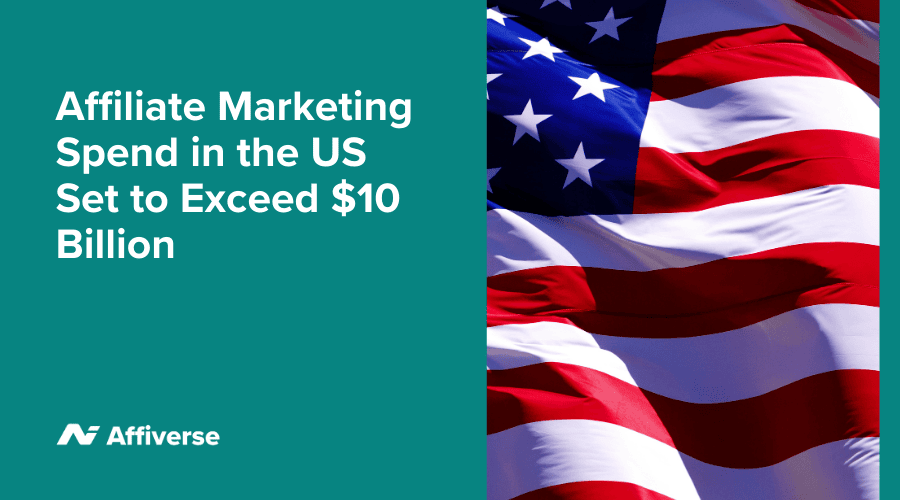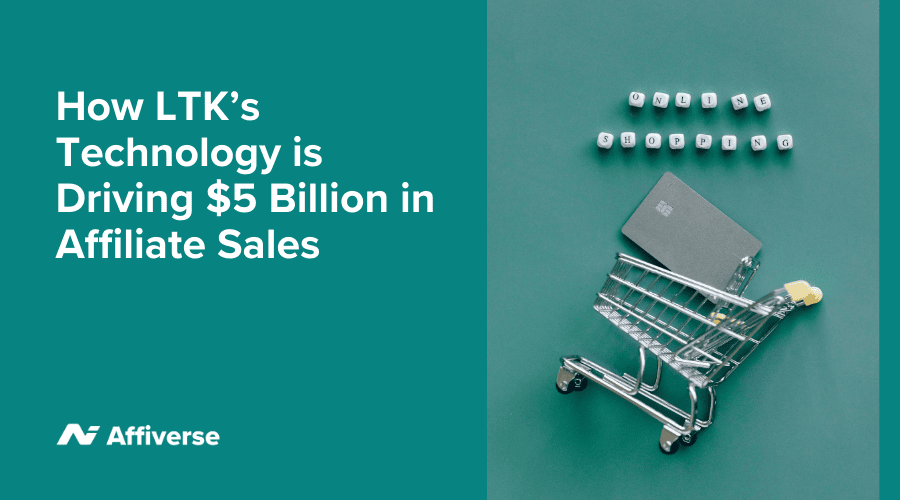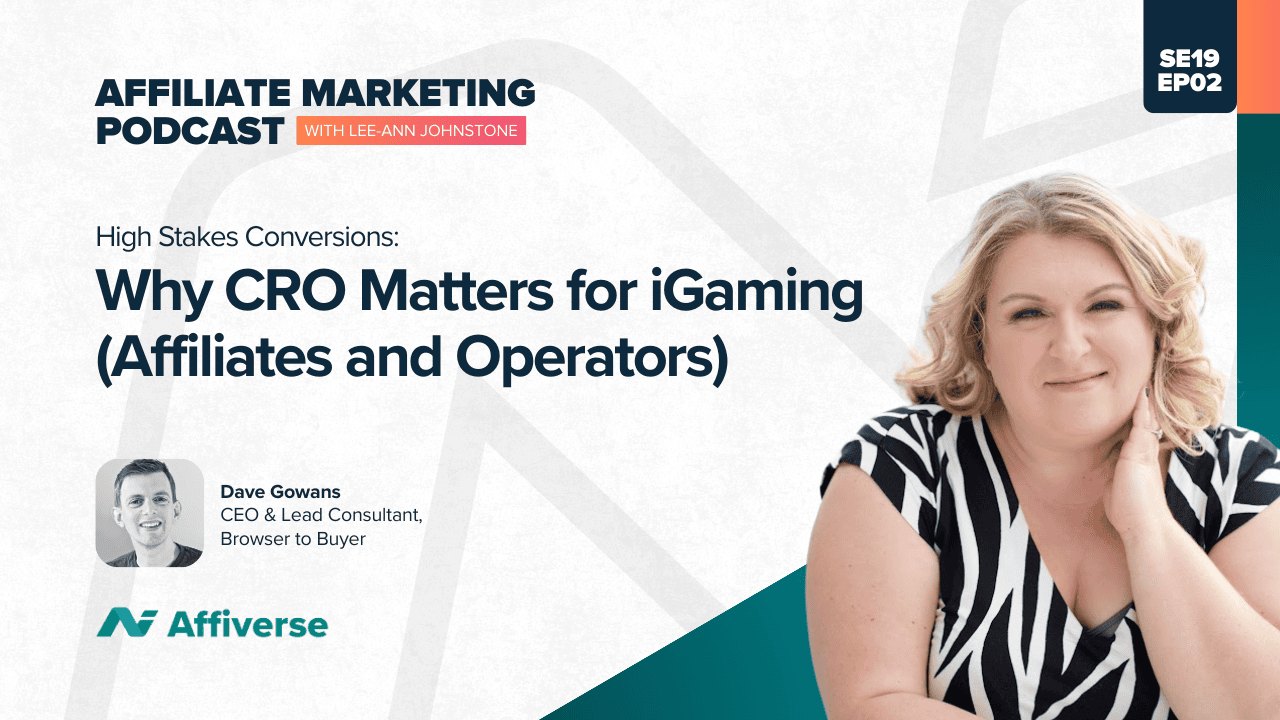The affiliate marketing industry is experiencing unprecedented growth, with US spend forecasted to surpass $10.72 billion this year. This milestone reflects the increasing importance of performance-based marketing in the digital economy, driven by both value-conscious consumers and the rapid expansion of the creator economy.
This projected spend represents a 15% year-on-year increase, highlighting affiliate marketing’s role as a cornerstone of e-commerce growth. With $307.27 billion in e-commerce sales attributed to affiliate efforts, the model is proving itself as a powerful driver of revenue for brands and a lucrative opportunity for marketers and influencers.
Why Affiliate Marketing is Booming
The affiliate model thrives on its ability to deliver measurable results. Brands only pay for conversions—be it a sale, a lead, or a specific action—making it one of the most cost-effective digital marketing strategies. At a time when businesses are scrutinising their advertising budgets, the appeal of guaranteed returns is undeniable.
This year’s growth is also tied to changing consumer behaviour. As inflation continues to affect spending power, shoppers are actively seeking deals and recommendations. Affiliates—ranging from bloggers and influencers to cashback and coupon sites—are uniquely positioned to guide these consumers to the right products at the right price.
At the same time, the creator economy is driving innovation in affiliate marketing. Influencers, in particular, are using platforms like TikTok, Instagram, and YouTube to create engaging content that links directly to products. Their personal touch builds trust and drives conversions, making them valuable partners for brands.
The Role of Technology
The growth in affiliate marketing spend has been fuelled by advancements in technology. AI and machine learning tools are enabling more sophisticated targeting and personalisation, ensuring that consumers are shown products they’re genuinely interested in.
For example, AI-driven affiliate platforms can analyse user behaviour to recommend products that align with their preferences. This increases the likelihood of conversion and enhances the overall shopping experience.
Additionally, affiliate tracking technology has improved significantly. Brands and affiliates can now monitor performance in real time, allowing them to optimise campaigns and maximise returns. This transparency is critical in building trust between brands and their affiliate partners.
The Creator Economy’s Contribution
The rise of social media influencers has been one of the most significant drivers of affiliate marketing’s growth. Influencers are not just content creators; they are trusted voices with loyal audiences. When they recommend a product, their followers are more likely to make a purchase.
Platforms like TikTok and Instagram have further blurred the lines between entertainment and shopping. Features like TikTok’s “Shop Now” links or Instagram’s in-app checkout allow influencers to seamlessly connect their content with products, making the path to purchase shorter than ever.
The affiliate model works particularly well in this environment. Instead of relying on traditional ads, brands can partner with influencers who naturally incorporate products into their content. This authenticity resonates with audiences and drives higher engagement.
What This Means for Brands
For brands, the growth in affiliate marketing represents both an opportunity and a challenge. The opportunity lies in reaching highly targeted audiences in a cost-effective way. By partnering with affiliates, brands can tap into new customer segments and build lasting relationships with consumers.
However, the rapid expansion of affiliate marketing also means increased competition. Brands need to invest in strong partnerships with affiliates, providing them with the tools, data, and incentives needed to succeed. Transparency and communication will be key to building and maintaining these relationships.
The Future of Affiliate Marketing
With spending expected to continue its upward trajectory, affiliate marketing is poised to become an even more integral part of digital marketing strategies. The next wave of growth will likely be driven by emerging technologies, such as generative AI for content creation and blockchain for enhanced transparency and tracking.
At the same time, the rise of micro-influencers—creators with smaller but highly engaged audiences—will further diversify the affiliate landscape. These influencers often deliver higher engagement rates and stronger connections with their followers, making them valuable partners for brands looking to target niche markets.
A Win-Win Model
Affiliate marketing’s success lies in its ability to benefit all parties involved. Brands gain measurable returns on their investment, affiliates earn commissions, and consumers are introduced to products that meet their needs. This win-win-win dynamic is why affiliate marketing continues to thrive in an increasingly competitive digital space.
As the US market crosses the $10 billion milestone, it’s clear that affiliate marketing has matured into a vital pillar of the digital economy. Its growth reflects not just the power of performance-based advertising but also the adaptability of a model that continues to evolve alongside consumer behaviour and technology.
For marketers, this is a moment to seize. By embracing the opportunities affiliate marketing offers, businesses can stay ahead in a rapidly changing landscape, driving both sales and loyalty in the years to come.




















